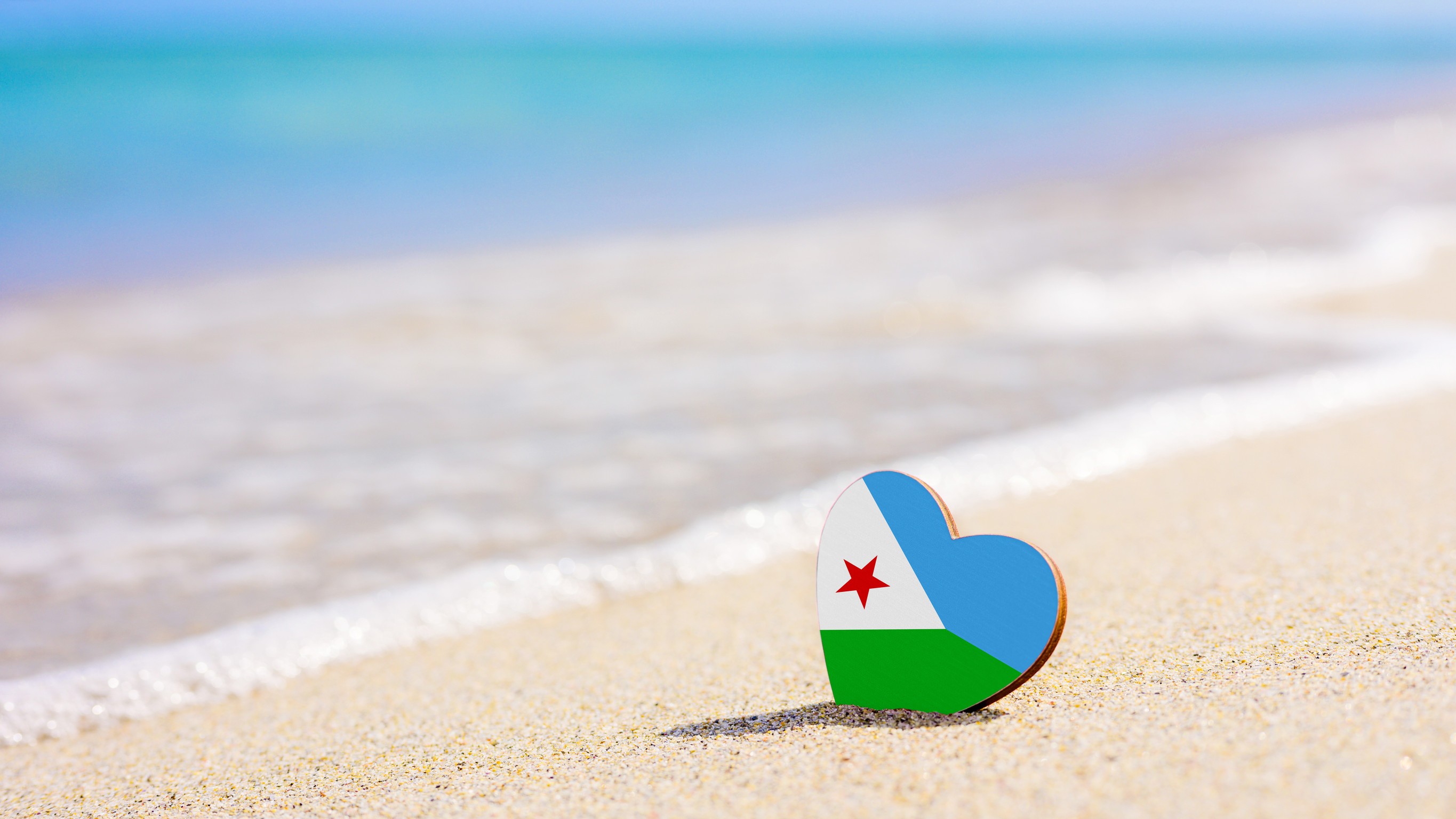
Djibouti, a nation nicknamed the "Pearl of the Red Sea," offers a captivating blend of volcanic landscapes, vibrant coral reefs, and rich cultural heritage. To ensure a safe and enjoyable adventure, here are 11 key safety tips that go beyond the basics:
Notify your home embassy of your travel plans to Djibouti. This allows them to assist you in case of emergencies and keep you informed of any critical developments during your trip.
Stay updated on any travel advisories or security concerns for Djibouti before your trip. Check resources like the U.S. Department of State's travel website and the Djibouti Ministry of Tourism website (if available).
Obtain the necessary visas and permits for Djibouti in advance. Requirements may vary depending on your nationality and length of stay. Research visa-on-arrival options if available, for your country to streamline the process upon arrival.
Ensure you have received the recommended vaccinations for Djibouti. Consult with a travel doctor well in advance to discuss specific recommendations and create a personalised health plan. Pack essential medications, a basic first-aid kit, and any prescriptions you rely on. Consider including medications for common travel ailments like traveller's diarrhoea and sunburn.
Petty theft can occur, especially in crowded areas like markets and public transportation. Keep valuables secure in a money belt or a secure pocket. Consider using a cross-body bag that stays close to your person. Avoid carrying large sums of cash. Familiarise yourself with reliable currency exchange options and ATMs before arrival.
Respect local customs by dressing modestly, especially when visiting religious sites like mosques. Opt for loose-fitting, long-sleeved clothing and pants that cover your knees. This will not only make you feel more comfortable but also demonstrate respect for the local culture.
Djibouti experiences a hot, dry climate. Stay hydrated by drinking bottled water and avoiding tap water. Purchase bottled water from reputable vendors and avoid leaving it in direct sunlight for extended periods. Consider investing in a reusable water bottle and refilling it with filtered or purified water.
The sun is strong in Djibouti year-round. Pack sunscreen with a high SPF (30 or above) and broad-spectrum protection. Reapply sunscreen frequently, especially after swimming or sweating. Protect your eyes with sunglasses and a wide-brimmed hat. Consider sun-protective clothing for extended periods outdoors.
For excursions to remote areas, especially the Danakil Depression, opt for certified tour operators with experienced guides. These guides will not only ensure your safety but also provide valuable insights into the region's geology, history, and culture. Research tour companies with good reputations and positive reviews online.
Landmines remain a risk in some border regions. Stay on designated paths and avoid venturing into unmarked areas. Familiarise yourself with any landmine warnings issued by local authorities or your embassy. If you are unsure about an area's safety, err on the side of caution and consult with a local guide.
Be mindful of local customs and traditions. Ask permission before taking photographs of people, especially those in religious attire or private settings. A simple gesture of respect can go a long way in fostering positive interactions with locals. Learn a few basic phrases in Arabic or French, the two main languages spoken in Djibouti, to show your respect and enhance communication.
Stay Connected: Inform your family and close contacts about your travel plans in Djibouti, including your itinerary and accommodation details. Consider purchasing a local SIM card to stay connected with them and access mobile data during your trip.
By following these safety tips and exercising common sense, you can maximise your enjoyment and ensure a safe and memorable exploration of Djibouti. Remember, staying informed, respecting local customs, and planning your activities with reputable providers are key aspects of safe travel.
Djibouti is generally considered safer than some of its neighbours. However, petty theft can occur, especially in crowded areas. Here's how to minimise risks:
Consult a travel doctor to determine the necessary vaccinations for Djibouti. Common recommendations include:
Djibouti is a predominantly Muslim nation. Dress modestly, especially in religious areas. Ask permission before taking photographs of people. Learn a few basic phrases in Arabic or French, the two main languages.
Step1: Complete the online application form with your personal details and passport information.
Step2: Proceed to securely pay online using your credit card.
Step3: Check your email for payment confirmation and receipt of your Djibouti eVisa, which will be sent electronically.